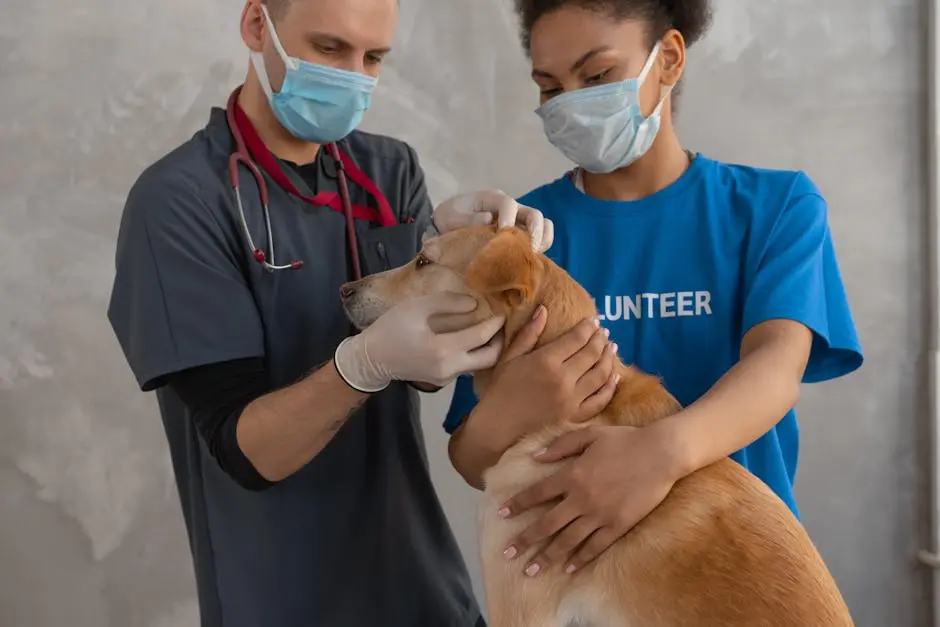How Do I Know If Puppies Near Me Are Healthy?
Finding a new pup can be exciting, but ensuring they're healthy is crucial for a happy future together. In this blog, we’ll guide you through the key steps to determine the health of puppies in your area.
Check the Puppies’ Appearance
A healthy puppy should have bright eyes, a shiny coat, and clear skin. Look for any signs of rashes, bumps, or dull fur which might indicate health problems.
Inspect the puppy's ears; they should be clean and free from any unpleasant odor, which could be a sign of an infection. Also, examine the teeth and gums for any signs of dental disease, such as redness or bad breath.
Puppies with healthy joints will move freely without limping or showing signs of discomfort. Pay attention to how they walk and play, as this can highlight hidden issues.
Observe Their Energy Levels
Puppies are known for being active and playful. If a puppy seems lethargic or uninterested in play, it could be a sign of underlying health issues.
It's important to note that while puppies sleep a lot, their active periods should be energetic and engaged. Constant fatigue could indicate potential health concerns.
A puppy that frequently hides or is reluctant to interact with people or other pets may be facing emotional or physical distress. Social interaction is crucial for their development, so monitor their behavior closely.
Evaluate Their Eating and Drinking Habits
Healthy puppies should eat and drink regularly. If a puppy is refusing food or water, or has a sudden change in appetite, it may be a cause for concern.
Monitor the puppy's weight and growth. Significant volatility in their weight could be indicative of nutritional or health issues. Puppies should gain weight steadily as they grow.
Keep an eye out for any unusual behaviors around mealtime. If the pup is consistently guarding food or showing signs of aggression, consulting with a professional for behavioral advice may be beneficial.
Look for Signs of Illness
Watch out for symptoms like coughing, sneezing, diarrhea, or vomiting. These can be indicators of common puppy illnesses that need veterinary attention.
Check for any eye or nasal discharge, which can signal respiratory issues. Effective preventive care and timely treatment are vital for the puppy's well-being.
Any signs of skin irritation or excessive scratching should not be ignored. Parasitic infections like fleas or ticks can cause discomfort and require prompt action.
Consult with a Veterinarian
Before finalizing the adoption, consider having the puppy examined by a vet. They can provide a comprehensive health check and advise on vaccinations and care.
A veterinarian can also guide you on essential vaccines and schedule regular check-ups to keep your pup in prime health. Their expertise ensures you start on the right foot with your new family member.
Don't hesitate to ask your veterinarian any questions you might have. From dietary recommendations to grooming tips, they can be an invaluable resource for a first-time pet owner.
Ensuring a Joyful and Healthy Beginning
By following these steps, you can confidently assess the health of puppies near you, ensuring that you're bringing home a happy and healthy new family member. Remember, a healthy start leads to a joyful journey together.


